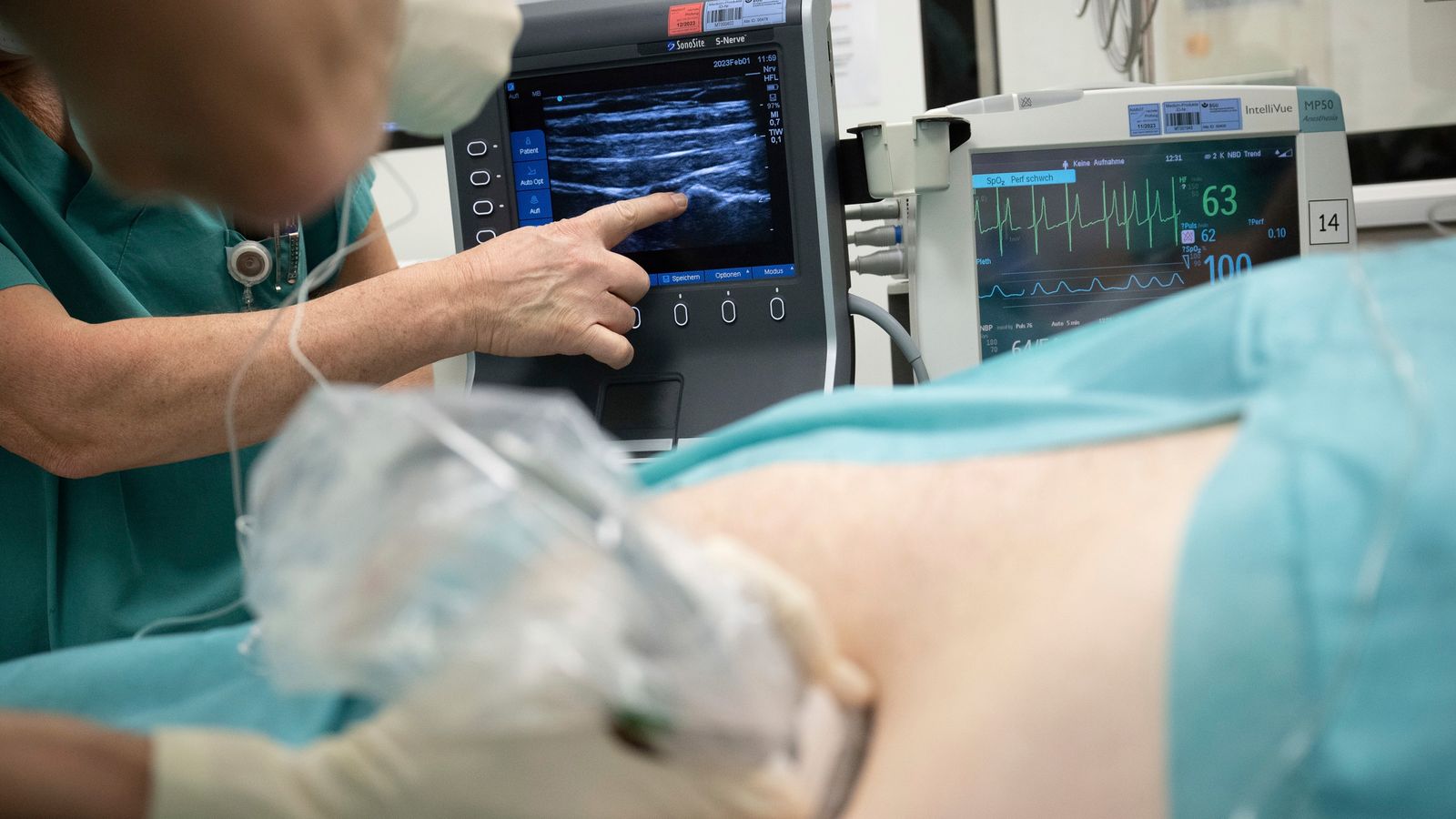Adverts for ultrasound services have been banned for misrepresenting the extent to which the scans could provide reassurance about the wellbeing of an unborn baby.
The ads for London Private Ultrasound (LPU) and the Meet Your Miracle private scan studio offered various scans including a “reassurance scan” costing £100 “to reduce your parental anxiety and to confirm a normal progress of your pregnancy”.
The website also offered a “Reassurance, dating Scan + Wellbeing check” for £59.00.
But the Advertising Standards Agency ruled this was likely to mislead parents – who were “more likely to be anxious or vulnerable” – given the extent to which a scan from seven weeks could assess the health and wellbeing of an embryo.
Both rulings are part of a wider investigation by the ASA into private pregnancy ultrasound scans.
Ultrasound London Ltd, trading as LPU, said its ad was never intended to suggest the reassurance scan provided extra medical information to the patient but rather to address any concerns the patient may have.
Meet Your Miracle said most patients attended the scan “with a singular concern of whether the baby was alive”.
Be the first to get Breaking News
Install the Sky News app for free
It said a simple measure of wellbeing might be whether the baby is alive, which is possible to determine by observing a heartbeat, which is visible at seven weeks.
LPU said it immediately removed the listing for the scan from its website.
Read more:
The worst place in England for babies’ life expectancy revealed
Pharmacies pause rollout of over-the-counter contraception over lack of funding
The ruling
The ASA said LPU’s ad was not sufficiently clear that there were differences or limitations in the extent of possible assessments over the course of pregnancy, particularly at an early stage from eight weeks.
It ruled: “Given the emphasis on providing ‘reassurance’ and using the scan to ‘confirm the health of the foetus, and in the absence of further information clarifying what the scan assessed and was able to perceive, particularly from the very early stage of eight weeks into a pregnancy, we concluded that the ad was likely to mislead.”
The ASA ruled Meet Your Miracle’s ad had also “not made sufficiently clear the extent to which it could provide ‘reassurance’ or determine the ‘wellbeing’ of an embryo, particularly from the early stage of pregnancy from seven weeks”.
The watchdog banned both ads from appearing again.











